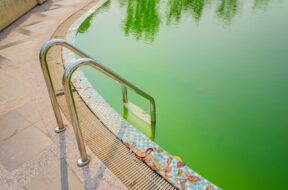
Want to learn more about algaecide? Read on to find out when to add algaecide to your pool maintenance routine and other helpful tips.
Topics related to using Cyanuric Acid and other stabilizers in your pool.
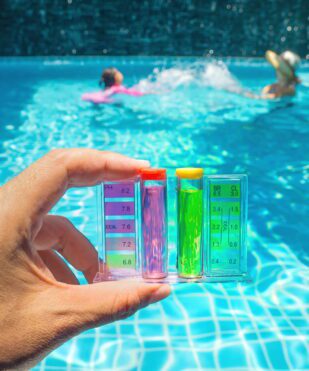
This article describes the chemistry involved in keeping your pool or hot tub safe and your water crystal clear.
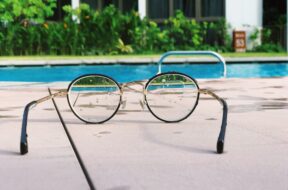
New to owning a swimming pool? This article explains water testing and what you need to know to keep your pool water clear and balanced.
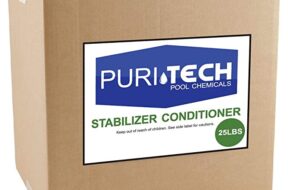
There are three types of pool stabilizer: stabilized chlorine, liquid stabilizer, and granular stabilizer. Which type of stabilizer you should use is largely a matter of personal preference. Learn more about pros and cons of each.
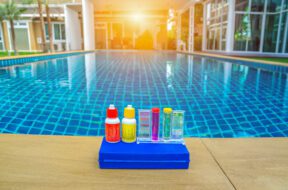
Test strips are the easiest way to test cyanuric acid. Cyanuric acid is raised by adding chlorine stabilizer containing cyanuric acid. The only way to lower cyanuric acid is by replacing water.
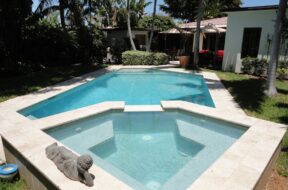
The suggested cyanuric acid level depends on the amount of direct sunlight your pool receives and whether you use a salt chlorine generator.
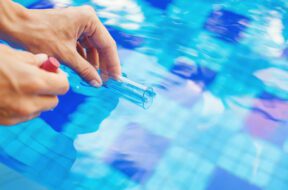
Cyanuric acid stabilizes free chlorine by preventing it from evaporating from UV sunlight, which increases the lifespan of free chlorine but decreases its ability to sanitize swimming pool water.
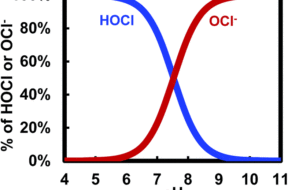
Learn the relationship between chlorine and cyanuric acid, and how cyanuric acid stabilizes the free chlorine in your pool.

Want to learn more about algaecide? Read on to find out when to add algaecide to your pool maintenance routine and other helpful tips.
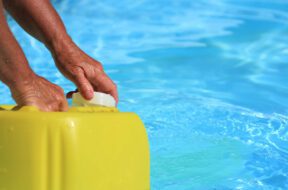
In this quick guide, we’ll answer the question “can you over shock a pool” and unveil the factors to consider when shocking a pool.
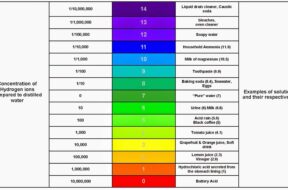
Maintaining both pH and total alkalinity in your swimming pool is important for keeping your pool properly sanitized and non-corrosive. Total alkalinity is to pH what cyanuric acid is to free chlorine. Total alkalinity stabilizes pH levels. The ideal pool pH level is 7.4 to 7.6. The ideal total alkalinity level is 80 to 120 ppm.
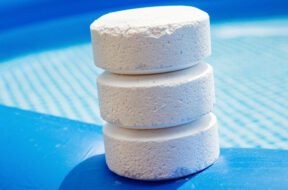
The Association of Pool and Spa Professionals recommends free chlorine levels for both swimming pools and hot tubs be kept between 2.0 and 4.0 ppm. However, the Center for Disease Control recommends free chlorine stay above 1 ppm in pools and 3 ppm in hot tubs.